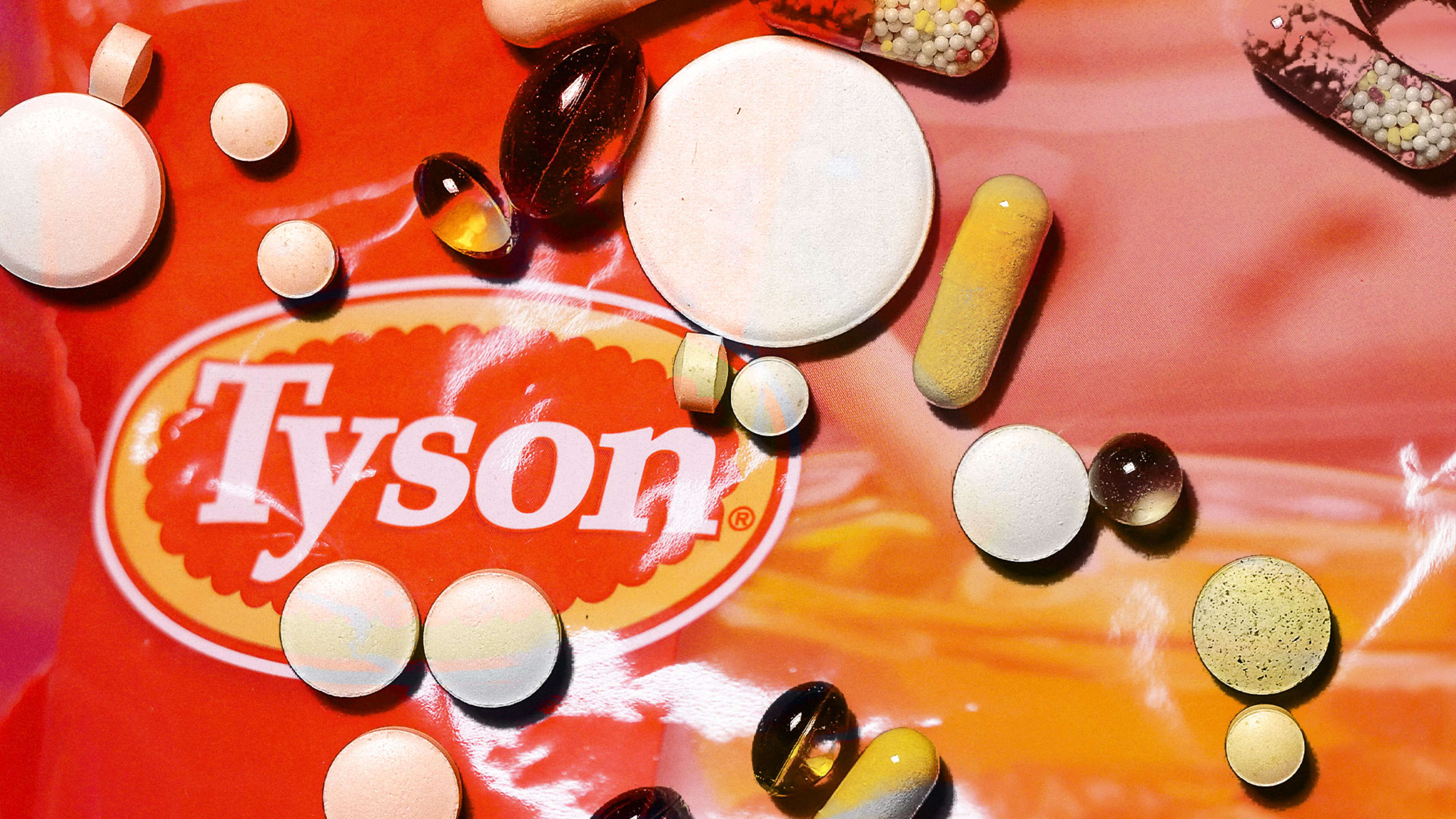Tyson Foods has become the largest company to publicly yank its business from the three big players that control America’s prescription drug programs, ending a three-decade-long partnership with CVS Health’s Caremark. Caremark is the largest so-called pharmacy benefits manager (PBM) in the country, but it will no longer handle drug benefits for the 140,000 employees at the largest U.S. food company, CNBC reported on Wednesday. Instead, that job will be entrusted to a smaller rival called Rightway, the startup confirmed to Fast Company.
Rightway cofounder and CEO Jordan Feldman called the deal “a major milestone in our mission to reshape the pharmacy benefits landscape for America’s most forward-thinking employers.” He added that to “transform drug pricing for millions of patients” will require “visionary leaders” in corporate America, and Rightway “couldn’t be prouder to partner with Tyson Foods.”
Founded in 2017 to compete in the snarled pharmacy benefit sector, Rightway has pushed a model it argues is more transparent and cost-conscious for employers, alongside a first-of-its-kind platform to drive savings by giving members access to lower-cost drug alternatives. Employers on average save 15% on healthcare costs in their first year, the company says—though for higher costs related to managing chronic conditions like cardiovascular diseases and musculoskeletal disorders, savings can reach up to 26%.
Tyson’s head of global benefits, Renu Chhabra, told CNBC that the company was absorbing annual hikes of “anywhere between 12% to 14%” on $200 million worth of healthcare costs. Specialty drug prices were climbing especially fast, and when she asked why that was, Chhabra said she “couldn’t get the kind of data she wanted.”
CVS told Fast Company its final bid to hang onto Tyson’s business was competitive, and actually “would have exceeded the 15% savings rate” enjoyed by the average Rightway customer. It argued fragmentation across the industry “is one of the primary reasons healthcare remains too complex and expensive” in the U.S. and that Americans see value in “integrated solutions,” and noted that even under Tyson’s new agreement, CVS would continue to provide retail pharmacy services, saying: “We are pleased to continue serving as their specialty pharmacy provider through Rightway.”
Asked what savings Rightway’s bid promised, a spokesperson answered, “We can’t comment on what CVS ended up promising Tyson. However, we can confirm that Tyson chose the economics of the Rightway proposal,” based on price as well as Rightway’s member-support model.
Almost all large U.S. employers rely on the big three PBMs—Caremark, followed by Cigna’s Evernorth, and UnitedHealth Group’s OptumRx—which argue their massive size gives them leverage to negotiate better rebates from drug manufacturers. Together, they’ve cornered roughly 80% of the U.S. market.
Yet lately, that professed leverage has backfired as drug costs have ballooned. In Washington, members of Congress and federal regulators have accused the big three PBMs—which belong to vertically integrated major healthcare players—of price gouging, and taken them to task for being insufficiently transparent. It’s difficult not to have questions when a 30-day supply of a cancer drug like imatinib costs $17,000 from CVS Caremark, but $72 if purchased through a rival. (In this case, Mark Cuban’s Cost Plus Drugs only adds a flat 15% charge and pharmacy fees to the drug’s price.)
As it happens, CVS already agrees that U.S. drug costs aren’t okay, and it unveiled a more transparent PBM offering late last year—just not in time, CNBC’s healthcare reporter Bertha Coombs notes. Internally, Tyson had already decided to move business over to Rightway. It isn’t clear if rushing things would have helped anyway. In December, when the new drug pricing formula was revealed, CVS told Fast Company that while it had worked very hard to simplify complex costs and demystify the unpredictable amounts charged for many prescriptions, it also acknowledged that consumer savings “will not happen broadly right away,” and could, in fact, go up for an unfortunate handful under this new model.
Critics think these admissions should seal the big PBMs’ fates. But challengers like Rightway still have a serious uphill climb. Tyson marks Rightway’s first client with more than 100,000 workers, and it’s larger than the second largest by a factor of 10. Meanwhile, Cuban’s Cost Plus Drugs has attracted a number of powerful supporters in D.C. since launching in 2022, but no Fortune 100 clients as of yet—and supporters argue this is key to igniting a shift in the industry. The more large employers embrace alternative PBMs, their argument goes, the likelier drug prices are finally to begin decreasing for everyone else.
Recognize your brand’s excellence by applying to this year’s Brands That Matter Awards before the early-rate deadline, May 3.
